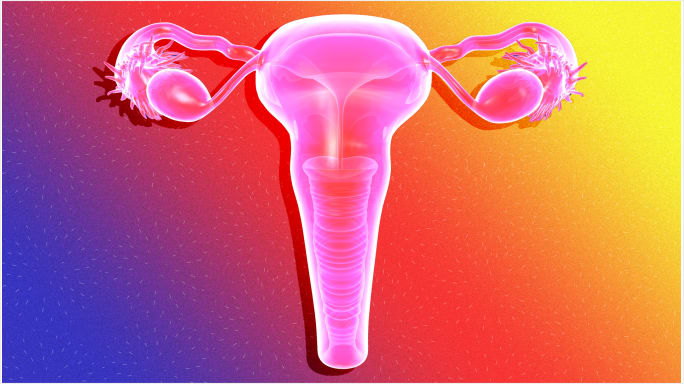The 101 on the folks who want to make menstruation easier on you
What’s your relationship to your period? Do you dread it? Do you have a condition, like endometriosis or PCOS that makes it unpredictable, unbearable, or both? Do you feel like you’ve tried everything and you still feel like the crappiest crap every month?
Have you ever heard of a period coach? It’s an actual thing, and it doesn’t just exist in places like New York and Los Angeles. Period coaches help you understand your cycle, its quirks, and why and how things play out (or don’t).
Before we get into the specifics of period coaching, you should know that for some, it’s controversial. Some menstrual coaches don’t have a license, and so they’re not technically qualified to practice medicine. “I have no idea why someone would see a menstrual coach instead of an acupuncturist and or naturopath where we can treat, holistically and recognize issues with our female patients and correctly triage to an GYN, endocrinologist or other medical practitioner we integrate care,” said Dr. Elizabeth Trattner, a Doctor of Oriental Medicine and Acupuncture. Practitioners of Chinese medicine, said Trattner, are super effective at resolving issues like fertility, menstrual pain, and Pelvic Congestion Syndrome. “Depending how a woman cares for herself, her diet, stress levels, sleep, and iron intake can all affect periods. It is okay, just remember if your period is different in a bad way for more than 3 months it is time to see a gynecologist. She recommends addressing heat and cardiovascular exercise as a means of regulating your period and its symptoms.
As far as period coaches go, there seems to be some variation in the practice. Limor Weinstein is both a therapist who works primarily with women and a menstrual coach. She encourages her clients to talk about their periods and how they feel about them, and urges them to remember that people who get periods all have similar experiences. She also helps them to develop skills to cope with their symptoms, especially mood swings, depression, and anxiety. Weinstein practices Cognitive Behavioral Therapy, and refers folks with especially severe symptoms to physicians and holistic practitioners. “There are various natural supplements that are known to help women with reduction of symptoms — alongside working through the emotional aspects that are caused by the physical changes in the body. Working with a medical doctor in conjunction with a coach or a therapist is very helpful.” She recommends consulting a menstrual coach if their cycle and its symptoms are adversely impacting their ability to function on a day to day level.
If you seek menstrual coaching from Samantha Salmon, an Integrative Nutrition Health Coach, author of You Can Afford to Be Healthy, and creator of the Perfect Period Program, you’ll get guidance on how to have a more comfortable period experience. Salmon looks at how diet, herbs, and lifestyle can actually get rid of period pain, and decrease the amount of bleeding you have. “The point of coaching is to bring the client from where they are to their goal and information alone does not help people do that,” said Salmon. ” That’s why they hire a coach. I help them breakthrough the mental blocks and obstacles so they finally take action on what they have been struggling to do for a long time.”
Johns Hopkins University alumna Alisa Vitti is the author of WomanCode and the creator of FloLiving, a support system for people dealing with period issues, and the first global modern menstrual health company in existence. Vitti cites her own experience with her period, and what she calls a “hormonal breakdown” as the catalyst for her foray into period coaching. “We’re just not thinking about hormones the right way,” she said. “Synthetic birth control doesn’t really cure or address any of the problems. We need to be thinking about how to leverage the endocrine system.” FloLiving’s protocol helps the body regulate hormones, via diet and lifestyle. Vitti acknowledges that acupuncturists and naturopaths are super helpful in treating period issues, but points out that they’re also often not covered by insurance, whereas one session with a FloLiving coach, which happens online, may be more affordable.
A problematic period, said Vitt, can be diagnosed based on the color of your bleed. You should also observe where your specific struggles lie – is your period regularly absent? Is it extremely heavy or painful? Whatever the problem is, urged Vitti, you should know that you can do something. “90% of the problem is that people don’t believe you can do anything about your period, so you take no action. There’s a cult of confusion and misinformation around menstruation, and that’s keeping women sick and underserved.”




comments